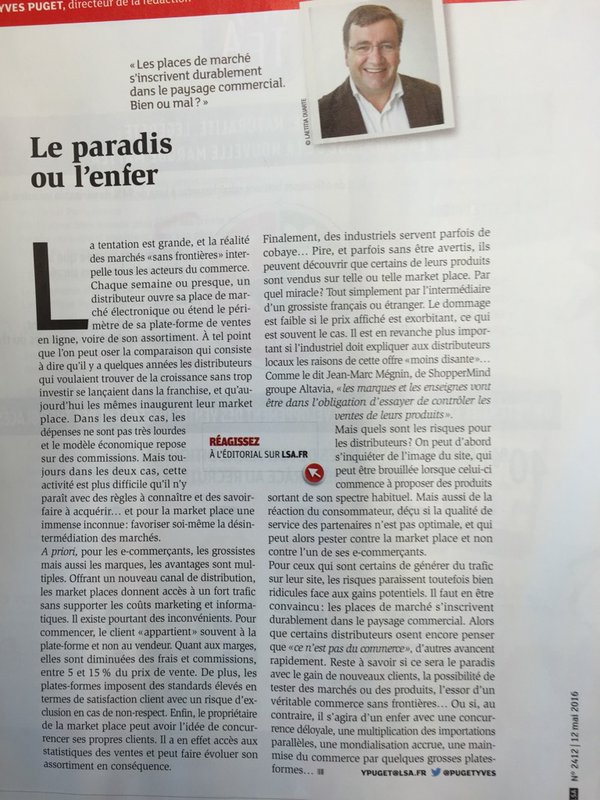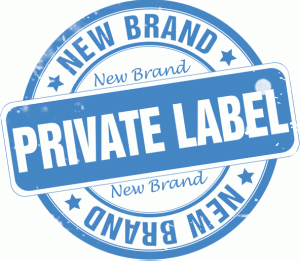
If you read this blog, you must know all the respect I have for Lidl as a retailer. Actually, I believe that Lidl is one of the FMCG retailer that have the strongest concept, based on a very efficient operation model.
As I have said in my previous post this week, I have spent several days in Malta. When I arrived at the airport, I found the sign above. This is the same kind of signs I have seen when I went some years ago in Greece. Lidl is advertizing and has chosen its medium.
This is part of an overal international strategy. Indeed, since 3 to 4 years now, Lidl has started to be more and more marketed in order to recruit new customers that did not used to go to their stores originally. The copy and implement the same strategy worldwide.
Here are some of the components of what we have seen.
Communication
- They communicate in airports for international and visiting clientele.
- They communicate also by sponsoring some sport national teams: Handball in France, Soccer in Italy
Categories
They implement specific categories in order to improve their image. Mostly the fruit and vegetable section, but also the bread section, that is heat up in store.
They still keep their European strategy by buying in bulk products, but more and more they have specific offers to fit with the local culture.
Internet
They have several local initiatives, but Lidl tends more and more to propose click & collect service, sometimes on specific offers only available online. I am thinking for example to the wine promotions in France with Premium brands.
Lidl is for sure one of the largest competitors to Carrefour, Tesco and even Walmart worldwide, and they have a clear vision of their strategy.














